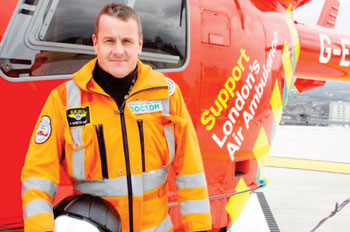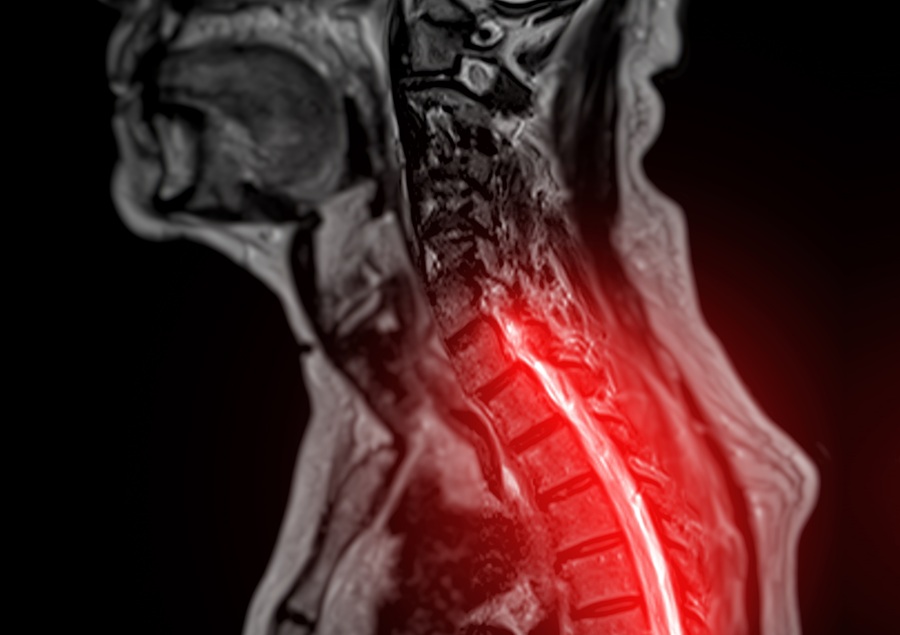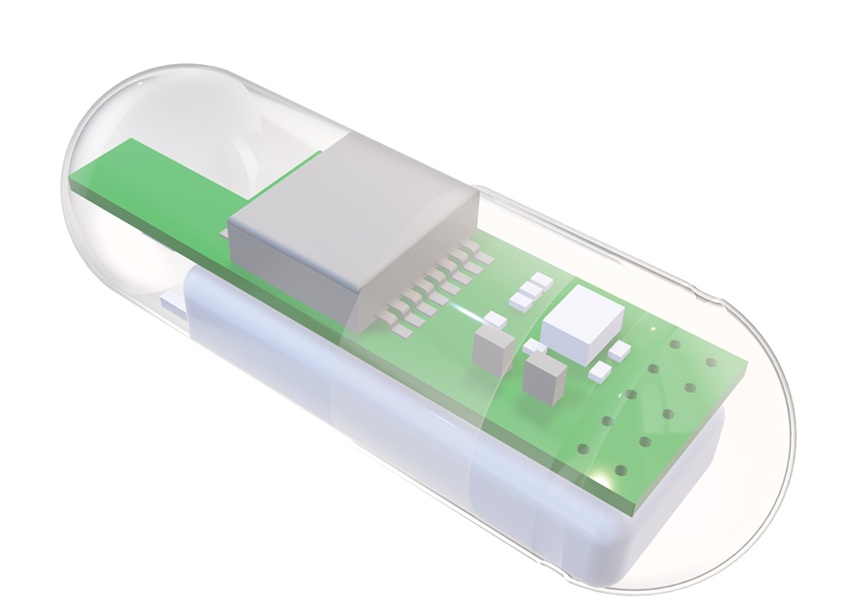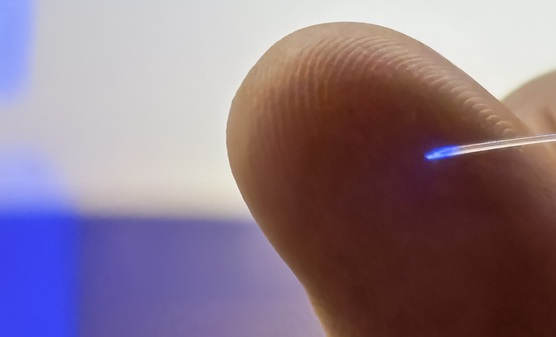LAA Performs Pioneering Roadside Occlusive Balloon Surgery
|
By HospiMedica International staff writers Posted on 30 Jun 2014 |

Image: Dr. Gareth Davies, medical director of the LAA (Photo courtesy of London Air Ambulance).
The London Air Ambulance (LAA; United Kingdom) has performed the world’s first roadside resuscitative endovascular balloon occlusion of the aorta (REBOA) to control internal bleeding.
REBOA is a proactive circulatory support method for hypotensive patients at risk of cardiovascular collapse. It works by controlling or preventing further blood loss via a balloon fed into the inferior part of the aorta and then inflated, temporarily cutting off blood supply to damaged blood vessels. Occlusion of the thoracic aorta can provide inflow control in patients with exsanguinating abdominal trauma, whereas occlusion of the infrarenal aorta can control pelvic hemorrhage.
The pioneering technique could prevent trauma patients bleeding to death from severe pelvic hemorrhage, an injury most commonly associated with cycling incidents and falls from height. The technique was developed over two year in conjunction with the Royal London Hospital (RLH; United Kingdom), the LAA’s home base, which continues treatment of the patient with further hospital interventions.
“We believe the use of REBOA can lead to a reduction in the number of patients who quite simply bleed to death before they have the chance to get to hospital where there are highly developed systems for stabilizing and preventing blood loss,” said Gareth Davies, MD, medical director of the LAA. “Our aim is to provide our patients with the world’s most innovative and effective pre-hospital care. Being able to effectively manage blood loss at the scene is a significant advancement in pre-hospital medicine.”
“We have to stop people bleeding to death—it's one of the world's biggest killers. Over 2.5 million people bleed to death from their injuries each year around the world,” added Prof. Karim Brohi, consultant vascular and trauma surgeon at RLH. “While it sounds relatively simple it is an extremely difficult technology to deliver in the emergency department in hospital, never mind at the roadside. We are excited about the potential for REBOA to reduce death and suffering after trauma and will continue to evaluate and develop the technology into the future.”
LAA is a registered charity that functions as a mobile emergency department in life-threatening, time-critical situations, and carries a senior doctor (in addition to a paramedic) at all times on a helicopter, thus reducing the death rate in severe trauma by 30%–40%. Based in RLH, the helicopter can reach any patient inside the M25 London orbital road within 15 minutes. Missions commonly involve serious road traffic collisions, falls from height, stabbings and shootings, industrial accidents, and incidents on the rail network. The team can provide advanced life-saving medical interventions, including open heart surgery, blood transfusion, and anesthesia at the scene.
Related Links:
London Air Ambulance
Royal London Hospital
REBOA is a proactive circulatory support method for hypotensive patients at risk of cardiovascular collapse. It works by controlling or preventing further blood loss via a balloon fed into the inferior part of the aorta and then inflated, temporarily cutting off blood supply to damaged blood vessels. Occlusion of the thoracic aorta can provide inflow control in patients with exsanguinating abdominal trauma, whereas occlusion of the infrarenal aorta can control pelvic hemorrhage.
The pioneering technique could prevent trauma patients bleeding to death from severe pelvic hemorrhage, an injury most commonly associated with cycling incidents and falls from height. The technique was developed over two year in conjunction with the Royal London Hospital (RLH; United Kingdom), the LAA’s home base, which continues treatment of the patient with further hospital interventions.
“We believe the use of REBOA can lead to a reduction in the number of patients who quite simply bleed to death before they have the chance to get to hospital where there are highly developed systems for stabilizing and preventing blood loss,” said Gareth Davies, MD, medical director of the LAA. “Our aim is to provide our patients with the world’s most innovative and effective pre-hospital care. Being able to effectively manage blood loss at the scene is a significant advancement in pre-hospital medicine.”
“We have to stop people bleeding to death—it's one of the world's biggest killers. Over 2.5 million people bleed to death from their injuries each year around the world,” added Prof. Karim Brohi, consultant vascular and trauma surgeon at RLH. “While it sounds relatively simple it is an extremely difficult technology to deliver in the emergency department in hospital, never mind at the roadside. We are excited about the potential for REBOA to reduce death and suffering after trauma and will continue to evaluate and develop the technology into the future.”
LAA is a registered charity that functions as a mobile emergency department in life-threatening, time-critical situations, and carries a senior doctor (in addition to a paramedic) at all times on a helicopter, thus reducing the death rate in severe trauma by 30%–40%. Based in RLH, the helicopter can reach any patient inside the M25 London orbital road within 15 minutes. Missions commonly involve serious road traffic collisions, falls from height, stabbings and shootings, industrial accidents, and incidents on the rail network. The team can provide advanced life-saving medical interventions, including open heart surgery, blood transfusion, and anesthesia at the scene.
Related Links:
London Air Ambulance
Royal London Hospital
Latest Hospital News News
- Nurse Tracking System Improves Hospital Workflow
- New Children’s Hospital Transforms California Healthcare
- Noisy Hospitals Face Threat of Decreased Federal Compensation
- Orthopedics Centre of Excellence Planned for Guy’s Hospital
- Research Suggests Avoidance of Low-Value Surgical Procedures
- U.S. Federal Readmission Fines Linked to Higher Mortality
- Columbia China to Build New Hospital in Jiaxing
- Dubai Debuts Second Robotic Pharmacy Service
- Seattle Hospital Network Shifts Away from Overlapping Surgeries
- ACC to Launch Valvular Heart Disease Program in China
- Mortality Rates Lower at Major Teaching Hospitals
- South Australia to Inaugurate Upscale Hospital
- Raffles to Launch Second Hospital Project in China
- Research Center Tackles Antimicrobial Drugs Challenge
- Miami Cardiac & Vascular Institute Completes Expansion Project
- Hospital Antibiotic Policies Improve Prescription Practices
Channels
Artificial Intelligence
view channelCritical Care
view channel
AI Model Could Help Diagnose Spinal Cord Disease Up To 30 Months Earlier
Cervical spondylotic myelopathy (CSM) is the leading cause of spinal cord dysfunction in older adults and occurs when arthritis in the neck compresses the spinal cord. The condition is chronic and progressive,... Read more
3D-Printed Swallowable Robot Could Perform Gastrointestinal Procedures
Advances in medical technology are enabling the development of tiny robots capable of moving safely inside the human body. These systems hold promise for simplifying complex procedures, including delicate... Read moreSurgical Techniques
view channel
Brain Implant Records Neural Signals and Delivers Precise Medication
Neurological diseases such as epilepsy involve complex interactions across multiple layers of the brain, yet current implants can typically stimulate or record activity from only a single point.... Read moreAI-Based OCT Image Analysis Identifies High-Risk Plaques in Coronary Arteries
Lipid-rich plaques inside coronary arteries are strongly associated with heart attacks and other major cardiac events. While optical coherence tomography (OCT) provides detailed images of vessel structure... Read moreNeural Device Regrows Surrounding Skull After Brain Implantation
Placing electronic implants on the brain typically requires removing a portion of the skull, creating challenges for long-term access and safe closure. Current methods often involve temporarily replacing the skull or securing metal plates, which can lead to complications such as skin erosion and additional surgeries.... Read morePatient Care
view channel
Revolutionary Automatic IV-Line Flushing Device to Enhance Infusion Care
More than 80% of in-hospital patients receive intravenous (IV) therapy. Every dose of IV medicine delivered in a small volume (<250 mL) infusion bag should be followed by subsequent flushing to ensure... Read more
VR Training Tool Combats Contamination of Portable Medical Equipment
Healthcare-associated infections (HAIs) impact one in every 31 patients, cause nearly 100,000 deaths each year, and cost USD 28.4 billion in direct medical expenses. Notably, up to 75% of these infections... Read more
Portable Biosensor Platform to Reduce Hospital-Acquired Infections
Approximately 4 million patients in the European Union acquire healthcare-associated infections (HAIs) or nosocomial infections each year, with around 37,000 deaths directly resulting from these infections,... Read moreFirst-Of-Its-Kind Portable Germicidal Light Technology Disinfects High-Touch Clinical Surfaces in Seconds
Reducing healthcare-acquired infections (HAIs) remains a pressing issue within global healthcare systems. In the United States alone, 1.7 million patients contract HAIs annually, leading to approximately... Read moreHealth IT
view channel
EMR-Based Tool Predicts Graft Failure After Kidney Transplant
Kidney transplantation offers patients with end-stage kidney disease longer survival and better quality of life than dialysis, yet graft failure remains a major challenge. Although a successful transplant... Read more
Printable Molecule-Selective Nanoparticles Enable Mass Production of Wearable Biosensors
The future of medicine is likely to focus on the personalization of healthcare—understanding exactly what an individual requires and delivering the appropriate combination of nutrients, metabolites, and... Read moreBusiness
view channel
Medtronic to Acquire Coronary Artery Medtech Company CathWorks
Medtronic plc (Galway, Ireland) has announced that it will exercise its option to acquire CathWorks (Kfar Saba, Israel), a privately held medical device company, which aims to transform how coronary artery... Read more
Medtronic and Mindray Expand Strategic Partnership to Ambulatory Surgery Centers in the U.S.
Mindray North America and Medtronic have expanded their strategic partnership to bring integrated patient monitoring solutions to ambulatory surgery centers across the United States. The collaboration... Read more
FDA Clearance Expands Robotic Options for Minimally Invasive Heart Surgery
Cardiovascular disease remains the world’s leading cause of death, with nearly 18 million fatalities each year, and more than two million patients undergo open-heart surgery annually, most involving sternotomy.... Read more

















